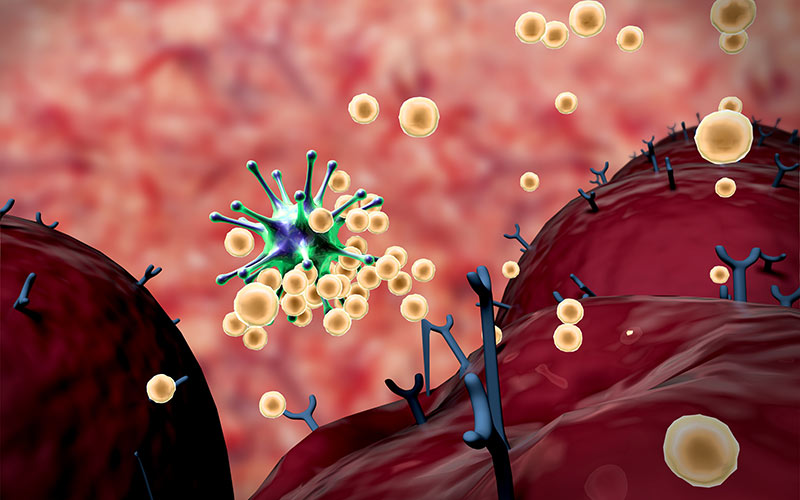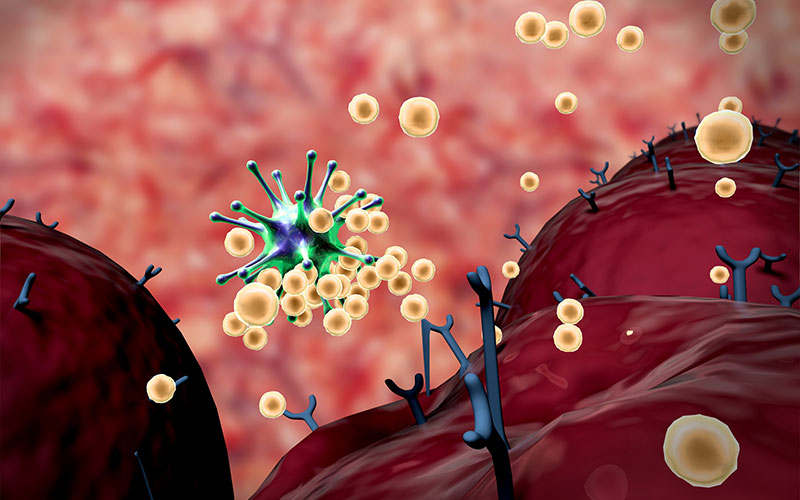When will I stop thinking about smoking?
Many times you message or email me and you tell me: “I quit smoking, I’m a happy non-smoker, I don’t want to go back but I still think about cigarettes. Is this normal? Does it mean I’m not over smoking?”
Maybe the same thing has happened to you.
You’ve quit and you’re wondering when you will stop thinking about cigarettes or you worry you’re not over smoking because it’s still on your mind.
You may even notice you think about smoking even more now that you quit.
So is this normal?
What does it mean?
And when will these thoughts end?
Is it Normal to Think About Smoking After You Quit?
Yes, it’s very normal to think about cigarettes more right after you quit.
As with any event, the memory of the event is intense right after it happens. But with time, the memory fades.
For example, if you break up from a relationship, take a divorce, or stop a friendship, you tend to think about this event more right after it happens because the brain is biased.
Well, smoking is like breaking up from a bad relationship.
So right after you break up with your cigarettes, you will think about it more because your brain is biased towards smoking. Your radar is wired to pick up on smoking-related thoughts, memories, and triggers, and focus on them.

It can be thoughts about cigarettes, smoking, or even thoughts about not smoking and how great it is that you’re smoke-free. You’re generally more likely to have smoking-related thoughts.
It’s neither good nor bad. It’s just your mind that’s focused there.
When You Will Stop Thinking About Smoking
There are two factors to consider here.
1. How you think about smoking
Does thinking about smoking means wanting it?
Absolutely not.

There is a difference between thinking about smoking and wanting it or missing it.
It’s how you think about it.
For example, I think, talk and write about smoking all the time without ever wanting it.
Why?
It all has to do with the associations you have with smoking.
Remember, a thought is just a thought. It cannot hurt you, break you, or make you do anything. As long as you change the meaning you give to those cigarette thoughts, they won’t bother you.
If you think about smoking as something that’s good for you, you will crave it.
If you think about smoking as something you used to do but don’t do anymore, you won’t crave it.
For example, let’s say you quit smoking and you’re drinking your coffee as a non-smoker. At that moment you’re very likely to have a craving thought like “oh I used to smoke with my coffee”. This is just a memory, nothing more.

But if you associate this memory with feeling deprived and not enjoying your coffee, you’re going to crave smoking at that moment.
Instead, if you tell yourself it’s normal to have this thought, it’s going to be very easy for you to let it pass and you won’t feel deprived.
So when you encounter a trigger or a situation where you used to smoke, reassure yourself that it’s okay to think about smoking. It doesn’t mean you want to smoke, it means you’re healing. It’s part of the adjustment process.
We can’t always control our thoughts but we can control what we focus on, we can control the meaning we attach to our thoughts. And the meaning we attach to our thoughts affects our experience.
So it won’t matter how long you think about smoking because if you change how you think about it you’re not going to crave it.
2. Time
With time, all craving thoughts will become less and less frequent until you rarely think about smoking anymore.

You’re not going to wake up one day and suddenly stop thinking about smoking. This is going to happen gradually.
But one day you’re going to think to yourself “Did I think about smoking today?”
And you’ll realize you didn’t! And you’re going to feel so excited about it.
How to stop thinking about smoking faster? How to speed up this process?
The more you let the craving thoughts pass mindfully without fixating on them the faster your brain will know that those thoughts are not worth focusing on.
Also, observe the dialogue that happens in your mind when you think of smoking and even write it down. Transferring a thought from your mind to a piece of paper or your phone, makes the thought weaker and helps you assess it better.

So thinking about smoking more is normal right after you quit. Thinking does not mean wanting and when a cigarette thought comes up, reassure yourself it’s normal to have it, let it pass without fixating on it, and if the craving thought persist, write it down and share it with someone.
Taking control of your thoughts is a core part of the CBQ method.
If you want to learn more about the CBQ Method and get support on your quit smoking journey you can join our Facebook support group. The CBQ Facebook community has thousands of amazing members who are in the process of quitting smoking or have already quit. Being in that group can really help you, plus we share tips and advice every day.
Join here: https://www.facebook.com/groups/cbqmethod/















